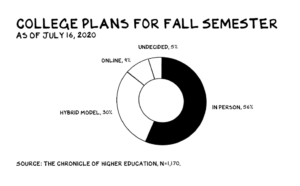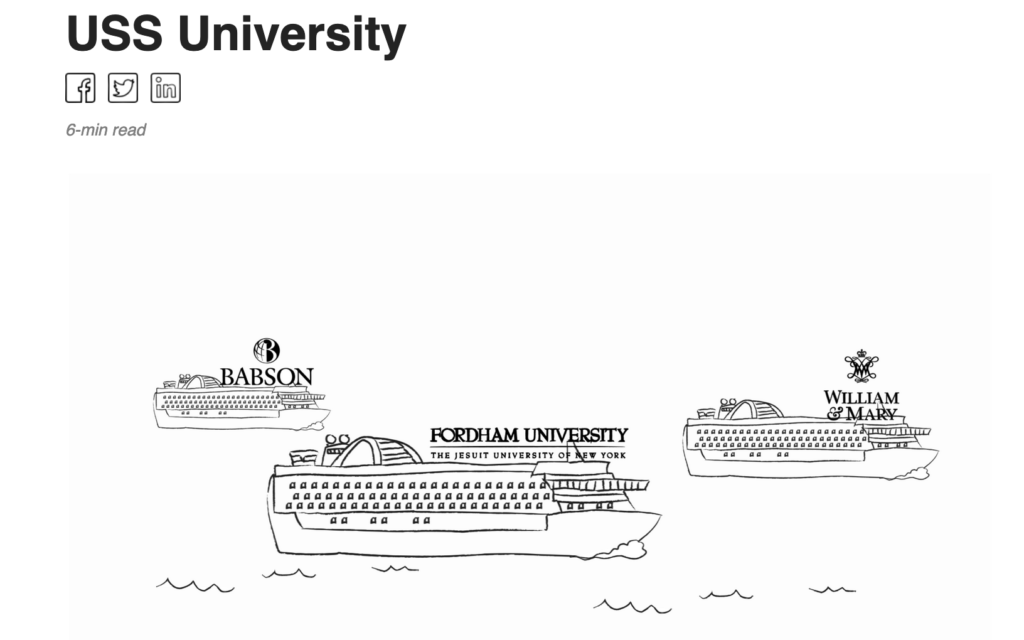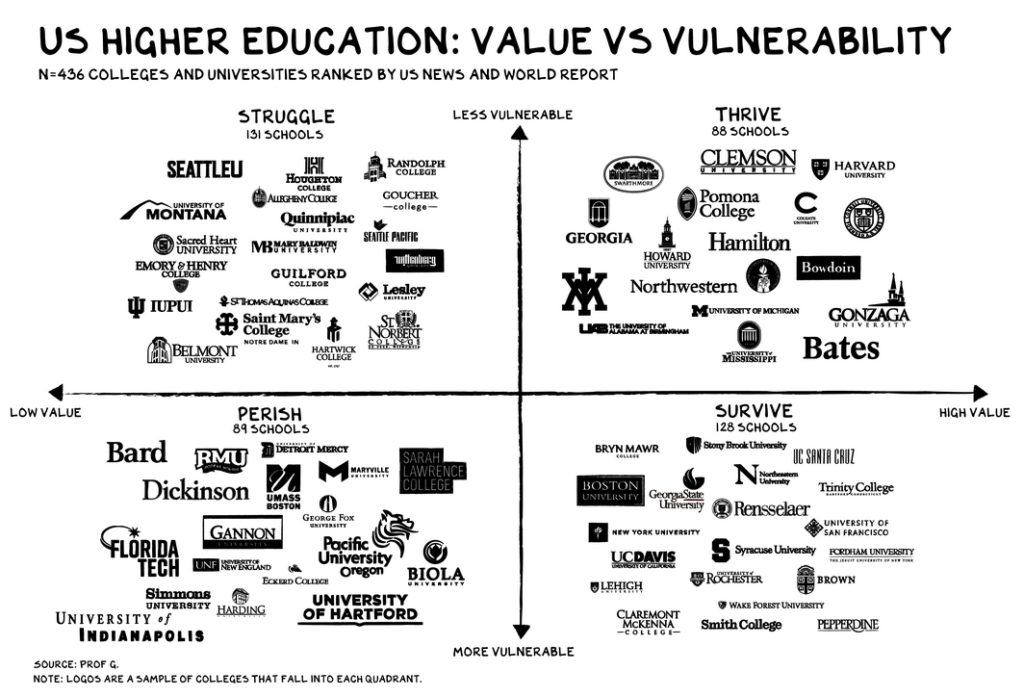A bridge to the Folly
From our walk this afternoon.
Click on the image for a larger version.
Quote of the Day
“Who was that transistor salesman?”
- President de Gaulle, after meeting Hayato Ikeda, Prime Minister of Japan in 1962.
(HT to Benedict Evans)
Joe Biden on foreign interference in US elections
From his statement:
The Senate Select Committee on Intelligence has concluded that the Kremlin’s interference in past elections represented “only the latest installment in an increasingly brazen interference by the Kremlin on the citizens and democratic institutions of the United States.” Despite the exposure of Russia’s malign activities by the U.S. Intelligence Community, law enforcement agencies, and bipartisan Congressional committees, the Kremlin has not halted its efforts to interfere in our democracy. In Senate testimony on July 23 2019, FBI Director Christopher Wray testified that Russia was “absolutely intent on trying to interfere with our elections.” And on March 27, 2020, the State Department held a briefing describing how Russia was recklessly spreading disinformation about the COVID-19 pandemic. Russia is not the only foreign actor seeking to interfere in our democracy. Increasingly, other states have shown an interest in copying Russia’s tactics.
[…]
In spite of President Trump’s failure to act, America’s adversaries must not misjudge the resolve of the American people to counter every effort by a foreign power to interfere in our democracy, whether by hacking voting systems and databases, laundering money into our political system, systematically spreading disinformation, or trying to sow doubt about the integrity of our elections.
That is why, today, I am putting the Kremlin and other foreign governments on notice. If elected president, I will treat foreign interference in our election as an adversarial act that significantly affects the relationship between the United States and the interfering nation’s government. I will direct the U.S. Intelligence Community to report publicly and in a timely manner on any efforts by foreign governments that have interfered, or attempted to interfere, with U.S. elections. I will direct my administration to leverage all appropriate instruments of national power and make full use of my executive authority to impose substantial and lasting costs on state perpetrators. These costs could include financial-sector sanctions, asset freezes, cyber responses, and the exposure of corruption. A range of other actions could also be taken, depending on the nature of the attack. I will direct our response at a time and in a manner of our choosing.
Isn’t it strange that any American politician has to even say this? It’s a measure of the Republic’s decay.
Mary Trump’s book sold 950,000 copies on its first day
So CNN is reporting anyway. Good luck to her.
Andrew O’Sullivan leaves New York magazine
Andrew Sullivan officially left New York Magazine on Friday, claiming that the culture of the magazine and its new parent company, Vox Media, had become increasingly hostile to conservative voices like his.
It’s not entirely clear whether he was fired or has simply quit. Here he is in his own words:
I’m just no longer going to be writing for a magazine that has every right to hire and fire anyone it wants when it comes to the content of what it wants to publish.
The quality of my work does not appear to be the problem. I have a long essay in the coming print magazine on how plagues change societies, after all. I have written some of the most widely read essays in the history of the magazine, and my column has been popular with readers. And I have no complaints about my interaction with the wonderful editors and fact-checkers here — and, in fact, am deeply grateful for their extraordinary talent, skill, and compassion. I’ve been in the office maybe a handful of times over four years, and so there’s no question of anyone mistreating me or vice versa. In fact, I’ve been proud and happy to be a part of this venture.
What has happened, I think, is relatively simple: A critical mass of the staff and management at New York Magazine and Vox Media no longer want to associate with me, and, in a time of ever tightening budgets, I’m a luxury item they don’t want to afford. And that’s entirely their prerogative. They seem to believe, and this is increasingly the orthodoxy in mainstream media, that any writer not actively committed to critical theory in questions of race, gender, sexual orientation, and gender identity is actively, physically harming co-workers merely by existing in the same virtual space. Actually attacking, and even mocking, critical theory’s ideas and methods, as I have done continually in this space, is therefore out of sync with the values of Vox Media. That, to the best of my understanding, is why I’m out of here.
I’m baffled by this, or at any rate by the attitudes he describes — and attributes to his former colleagues. I’m no conservative, but I’ve always enjoyed and admired Sullivan’s writing. In fact I’ve never really thought of him as a conservative. Nor, in a way, does he.
And maybe it’s worth pointing out that “conservative” in my case means that I have passionately opposed Donald J. Trump and pioneered marriage equality, that I support legalized drugs, criminal-justice reform, more redistribution of wealth, aggressive action against climate change, police reform, a realist foreign policy, and laws to protect transgender people from discrimination. I was one of the first journalists in established media to come out. I was a major and early supporter of Barack Obama. I intend to vote for Biden in November.
The good news is that he’s not going silent. In fact he’s reviving his old blog — The Dish. And he’ll be running it on Substack, on which the daily version of this blog is published. I look forward to continuing to read him.
Look what came though my letter-box today
George Dyson’s new book. It’s out in the UK in less than a month. He’s one of the most interesting and original writers I know. I found his Darwin Among the Machines: The Evolution of Global Intelligence one of the most stimulating resources to draw on when I was writing my history of the Internet many moons ago. In his new book he asks how we ended up with a world in which humans co-exist with technologies that we can no longer fully control or understand. Good question. I look forward to his answer.
This blog is also available as a daily email. If you think this might suit you better, why not subscribe? One email a day, delivered to your inbox at 7am UK time. It’s free, and there’s a one-click unsubscribe if your decide that you inbox is full enough already!









